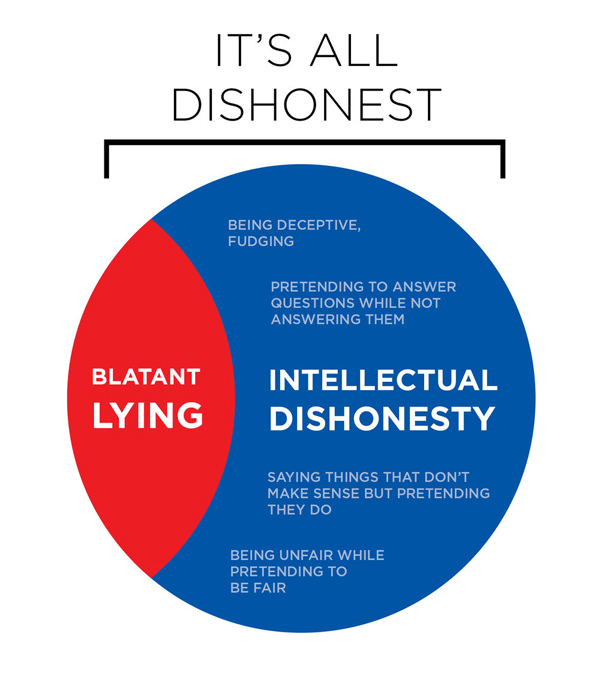
Now that we are in the midst of an election year, our political foibles are on great display. Not a week goes by that the lies or deceptions of one candidate or another hit the airwaves, and we voters are subjected to yet another round of “what I meant to say.”
I know what the pressure of a campaign can bring; I ran for office four times, losing the first and winning the subsequent three times. Either standing at a front door or on stage alongside other candidates, using words that resonate with others and create a favorable impression is simply part of the campaign process. On the other hand, a lack of honesty or outright pandering never succeeds terribly well. As Bob Dylan wrote: “To live outside the law you must be honest.” And this goes for politics as well.
Politics is “outside the law” insofar as those in political office actually make the law. Thus the statements one makes as candidate, often in print or in advertising – not to mention being quoted in the paper – can come back to haunt you. If during a campaign a candidate is proven to be demonstrably dishonest it often leads to defeat.
Whether military service, current occupation, voting record, sexual orientation or fidelity in marriage, we’ve witnessed one candidate after another get hoisted on their own petard. Who can forget Presidential candidate Gary Hart’s challenge to the press to prove his infidelity to his wife and then get photographed cavorting with another woman aboard a yacht named “Monkey Business”? Lately we’ve been exposed to the spectacle of a Connecticut Attorney General dishonestly claiming he served in Vietnam, only to find him telling voters “what I meant to say.” The wife of a prominent California politician running for County Supervisor claimed in her campaign literature to be a “deputy district attorney.” We now know she is simply an attorney acting as Executive Director of an organization working for the District Attorney’s office.
Good leadership demands the truth, an authentic and genuine capacity for honesty. Despite the pressures of campaigning, an indication of dishonesty during a campaign is a red flag to voters about later conduct. I’m not talking about being honest about liking spinach or red ties, but when it comes to matters of personal history or policy positions, the truth matters. Lacking being true, failures of justness are not far behind, and if not just, then leaders but seek their own personal fortunes and society suffers.
One’s truth cannot be separated from one’s view, and sometimes this makes for an awkward situation. A libertarian might object to civil rights legislation, for example, and be tempted to shade stated opinions to suit the election. Or a liberal might take a tough stand on sending criminals to jail even though believing rehabilitation might serve society better. A conservative could object to logging after gauging the opinions of voters in the district. Switching parties simply for political gain is sleazy. I believe citizens will respect honesty more than opinions shaded to please.
In an era of “spin doctors” and highly paid campaign consultants, our capacity to discern the honesty of politicians must revert to “the gut,” meaning how we feel about someone. As a people drawn to goodness, our political guidance must not come solely from the mouth, but from the heart.